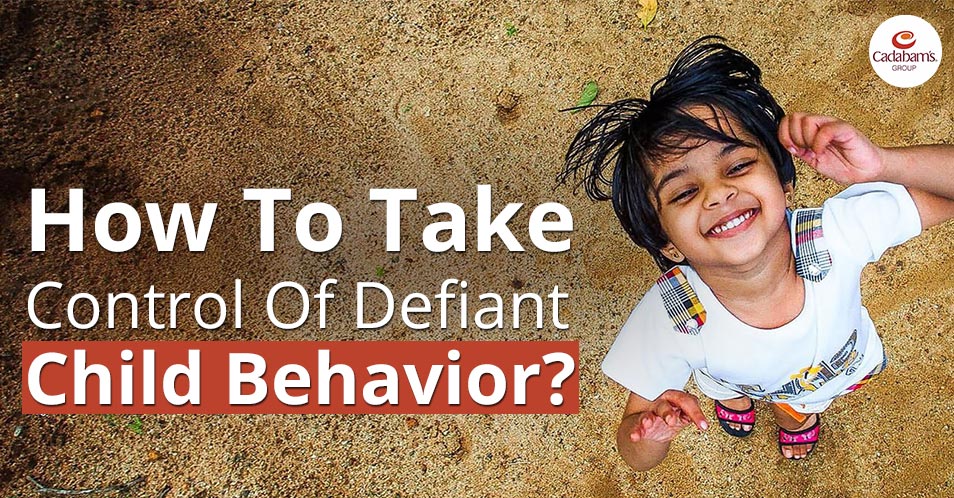Table of Content
L.R Knost about child behavior
“Focus more on who your child is than on what your child does. Remember, you’re growing a person, not fixing a problem.”
As clinicians, we may see various people from all walks of life. Psychology is a field wherein every lock has its own key and every person has their individuality. However, when it comes to children, the approach taken by therapists needs more care, as children have their own manner of expression, especially with regard to their emotions (describing child behavior).
The manner in which an adult manifests with emotions and cognitions tends to differ, wherein children may be more indirect in their expression. For example, what one term as bad child behavior or the rebelliousness of a child may in fact be a mere presentation of a deeper problem such as inadequate attention of parents, or a defence against the difficulties they face.
Family dynamics such as issues between parents, which children intuitively pick up, may consequently lead to the child being kept as a balancing agent between them to maintain stability in the family. In the process, children may tend to present with problems such as remaining withdrawn, finding external sources of comfort, or defiance towards the family.
Today, due to the busy lifestyles that one leads, parents often come home to their children by the end of the day and wish to provide their child with all possible comforts as a manner of expressing their affection. Parents often say “He/she is always on the mobile/ doesn’t sit in one place/ everything is given to him or her and there is no problem at home, yet he/she behaves this way”, while they have unwittingly stated the problem themselves. The child turns to the mobile only because we model such child behavior or because they do not know what other activities are rewarding.
What raises the negative child behavior?
In the process, one tends to forget that during the growing years, the time and attention of parents is the most vital comfort one can provide. It is the key to understanding who your child is growing into, and what their concerns are. In the absence of this comfort children often feel unheard, and confused as to whom to turn to. Further, providing these comforts without imposing certain contingencies sends children the message that anything can be obtained effortlessly, which gives rise to child behavior problems such as demanding behavior and more defiance. So what happens when a child is visiting a therapist for intervention for problems such as inattention, defiance, or poor academic performance?
At the outset, it may appear that the child needs strict disciplining and a withdrawal of all privileges. However, as simple as that may seem, it is not so. What has been happening over a span of years cannot be rectified or “fixed” within six to seven sessions with the therapist. It involves consistency of application of techniques suggested by therapists and encouraging any good behavior while ignoring the undesirable child behavior and meting out punishment only when necessary.
A few other things that may help parents with such children would be to spend at least forty-five minutes to an hour every day with their child, as a family unit in the absence of gadgets, discussing neutral or interesting topics or even playing their favourite games.
How to take control of child behavior?
Further, keeping young children and teenagers away from spending extensive periods with electronic gadgets and encouraging habits such as reading books or playing an outdoor activity not only enhances attention but can become crucial building blocks to a healthy personality. Games are sometimes the most underrated means of teaching children patience and learning that success and failure are a part and parcel of life. It also conveys that failure is not something to be frowned upon or dreaded. Above all, children are but a reflection of what they see and absorb.
So when your child behaves defiant, it may be time to ponder upon what your child is trying to communicate through his or her behavior in the garb of their presenting symptoms. Communication and time are the essential nutrients for these budding entities.
Ms. Shruthi Santhanam
Consultant clinical psychologist, Cadabams Group
How Cadabam's Help you for Addiction?
- 410+ Professional Consultants
- 1,00,00+ Happy Faces
- 120+ Currently Seeking Treatments









